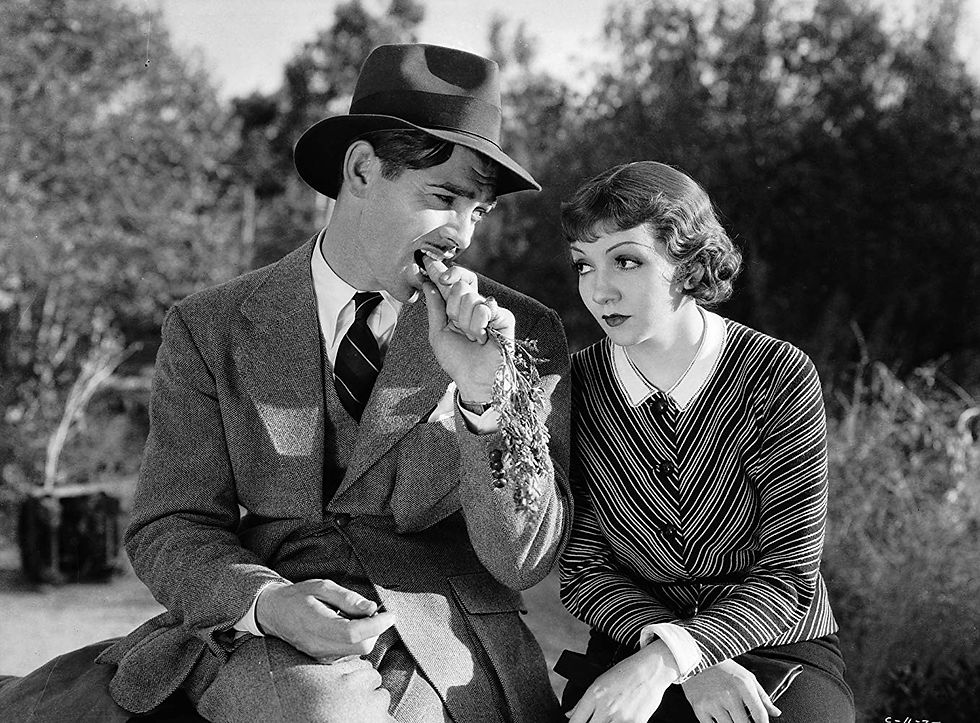The Screwball Comedy and The Great Escapism
- Roshin M. Varghese

- Sep 6, 2020
- 2 min read

The Great Depression was a brutal era of intense turmoil and desperation. When radio and mini-golf proved incapable of drowning their sorrows, the masses turned to film and literature for a welcome diversion from reality. Escapism soon became a new coping mechanism for common people dealing with hardships, inspiring a new wave of film and literature that would go on to become classics.
Censorship soon emerged as yet another conflict of the unforgiving era.
Hollywood grappled with the Hays Code, a list of rules that banned, among other things, ‘interracial dating’ and ‘suggestive dances’. The primordial soup thus created by these trying times gave birth to the screwball comedy in the 1930s. Characterised by sparkling chemistry, razor-sharp repartee, and chaotic hilarity, these films were equal parts entertaining and unpredictable. It is aptly named after a tricky pitch in baseball that batters found almost impossible to predict.
Screwball comedies are often seen as a fast-paced and raucous battle of the sexes, commonly featuring a dominant, confident woman and an emasculated, humiliated man. The protagonists usually start off on the wrong foot and constantly engage in quick-witted dialogue. Over the course of the film, they eventually warm up to each other and forge an uneasy truce.
Screwball is closely related with the genres of farce and slapstick, from which it borrows situational elements for comedic effect. These include visual gags, mistaken identities, and cross-dressing. The eccentricity of the characters is often portrayed through these elements.
Given its period of emergence, class issues were a strong interwoven theme throughout these films. They were generally explored on a comedic front, such as the inability of a rich upper-class individual to get by in the real world. This gave the struggling lower classes a better sense of security and a good laugh amidst their worries.

Unfortunately, the genre was essentially burnt out in about a decade. Film genres are heavily influenced by the prevailing social climate, which eventually became unfavourable to the screwball comedy. Some of the greats like It Happened One Night (1934), Bringing Up Baby (1938), and His Girl Friday (1939) are still revered and referenced in pop culture. Elements of screwball have been adopted in modern cinema by the Coen Brothers and David O. Russell. Recent efforts to revive the genre, vis-à-vis She’s Funny That Way (2015) and Maggie’s Plan (2015), are commendable, but ultimately fail to capture the pizzazz of the originals. Perhaps modern cinema no longer has a place for screwball comedies.
















Comments